The world has peaked as far as big places go. Sure, K2 is still growing, a mountain of such disputed height it seems to be stretching, gaining on Everest and threatening to top it.
But that's not the kind of big I'm referring to, impressive as it may be.
What I mean is that we no longer lack direct contact with those farthest from us. Technology has revealed that Walt Disney was indeed a genius (it really is a small world after all). The more we see of this small world, the better we will be.
So it was that my family found ourselves in the sunshine of Scandinavia, overly packed, incredibly jet-lagged and ready for adventure. It didn't disappoint.
RELATED: Being the Skinny Boy Was Never Easy
In all we spent three weeks there, most of it in Sweden, but also in Norway and Denmark, and I could count all of the collective litter we saw on one hand (I'm not counting the parade debris—it was Pride Week in Stockholm—as that was fresh and would be gone soon). In fact, we witnessed a lot of things that I would love to see implemented in the United States, most of which we've been discussing (see: arguing on Facebook) for years. The thing is, they are practices in place throughout Europe, and they work beautifully.
That could be us, America.
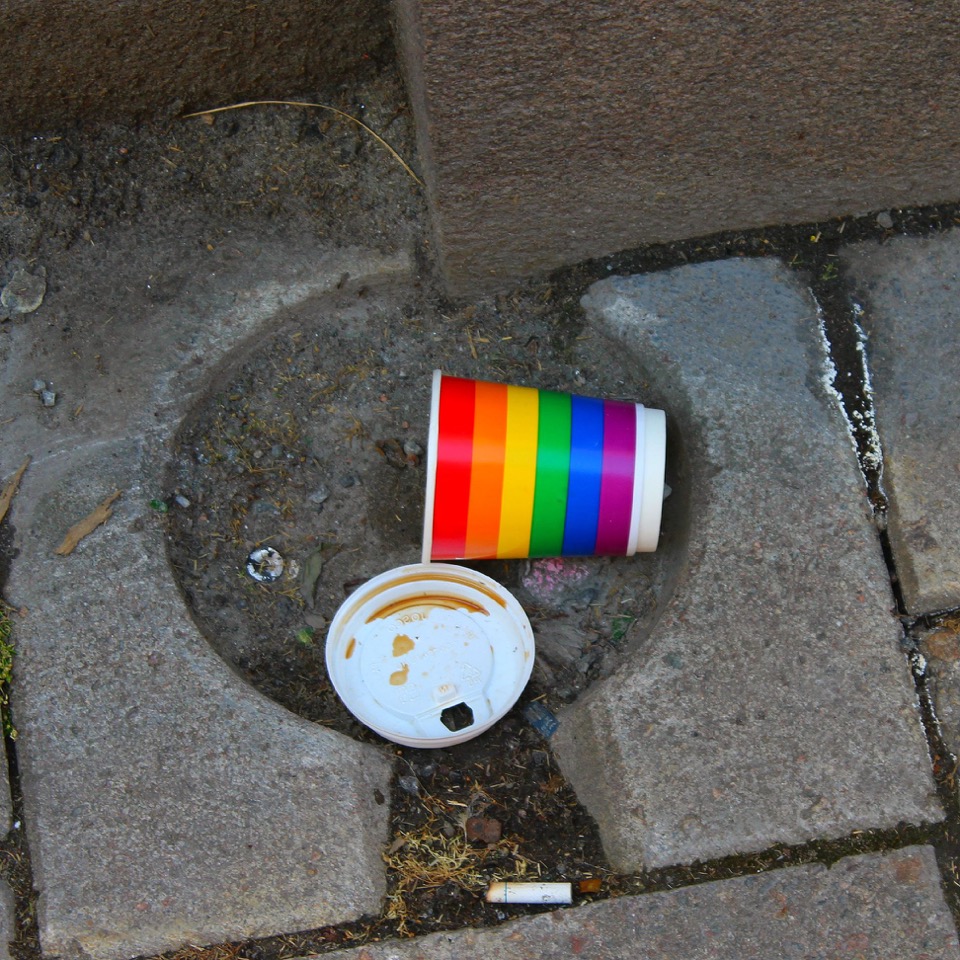
Getting Around
For example, getting around is a breeze. Public transportation is amazing. Granted, some cities in the U.S. have pretty efficient public transportation, but places like Los Angeles, where I live, are severely lacking. Yes, we have a train and a hiccup of subway, but they don't stretch in all directions and, by the time you drive to the closest train station, you're where you needed to be anyway.
In our time abroad, we also saw freeways (a) are clear of litter, (b) are mostly clear of moose and (c) have relatively lower speed limits that create safer drives and less pollution.
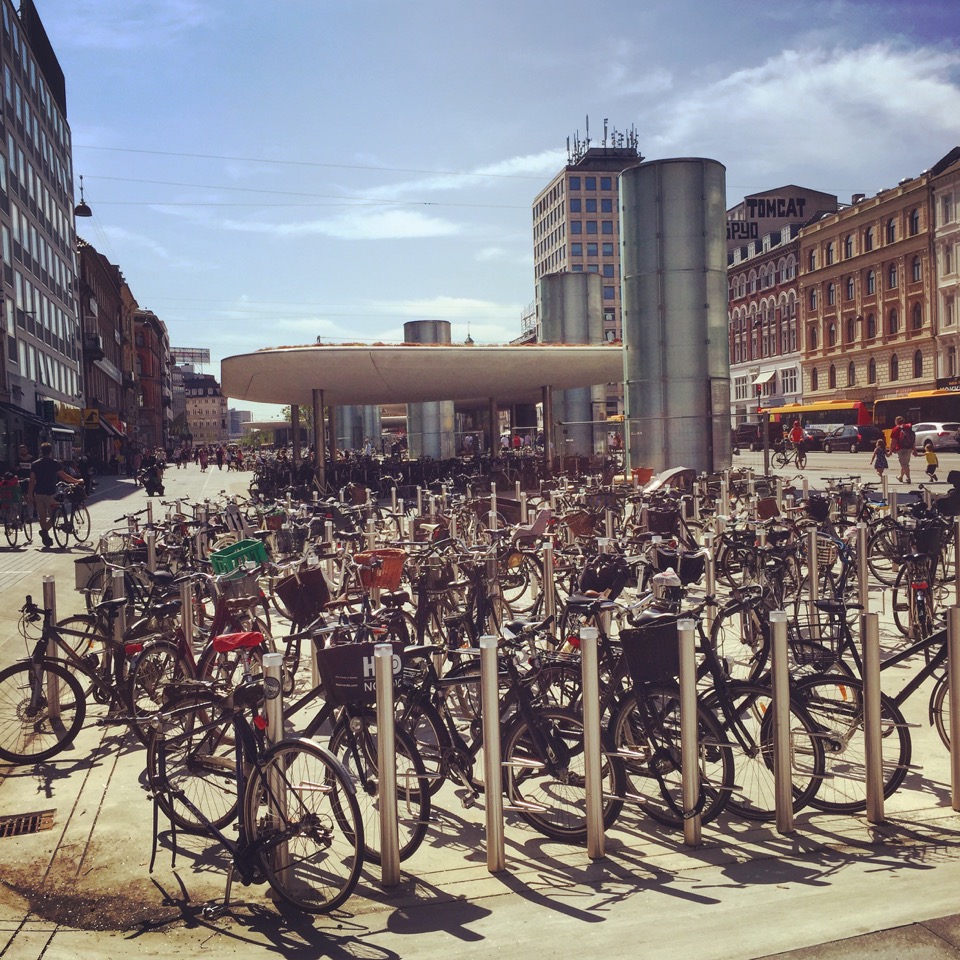
Two things that Scandinavians seem particularly passionate about are bicycles and roundabouts. In Copenhagen, there were more bikes than cars at most intersections. Seriously, they were everywhere. Also, they don't use bike locks. They just park their bike and expect it to be there when they get back, because it always is.
The roundabouts run rampant. Sometimes we would exit one roundabout only to turn directly into another. It was like some old dance from the movies where you find yourself swinging from the arms of one partner to the next but, instead of smiling with G-rated flirtation, you're yelling at your wife, "Holy crap, watch out for that guy!"
Medical Care
Transportation wasn't the only difference of note. My youngest son took a sudden step off a steep rock, and we found ourselves in an emergency room in the outskirts of the outskirts. They got us in to see the doctor as fast as they could, and they attended my son's injury with effective proficiency. It didn't cost a thing, and I know this because they spoke English.
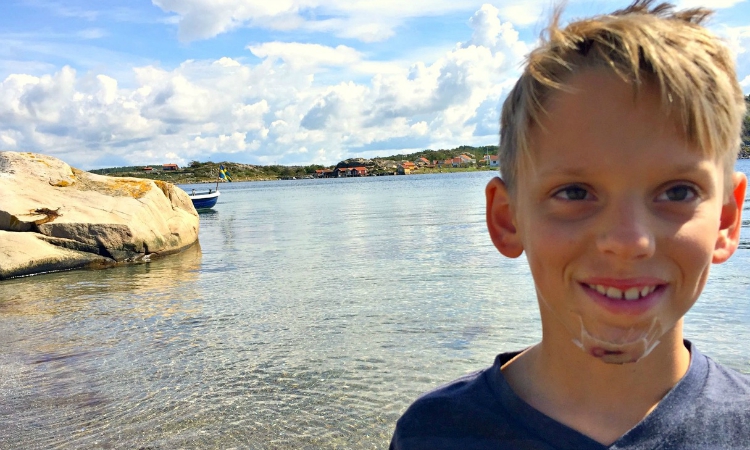
Education
Everyone spoke English. Everywhere. We tried to speak the local languages as best we could. While it may have been appreciated, it was never necessary. Second (and third) languages are taught in elementary schools in Europe, unlike in the States, where those courses are generally electives and often not available until middle school.
Here's the thing: the populace is educated and happy. Healthcare is a right not a privilege, people care about the environment, only farmers and hunters have guns, art is a way of life and the overwhelming majority of locals are fairly fit. It is downright inspiring.
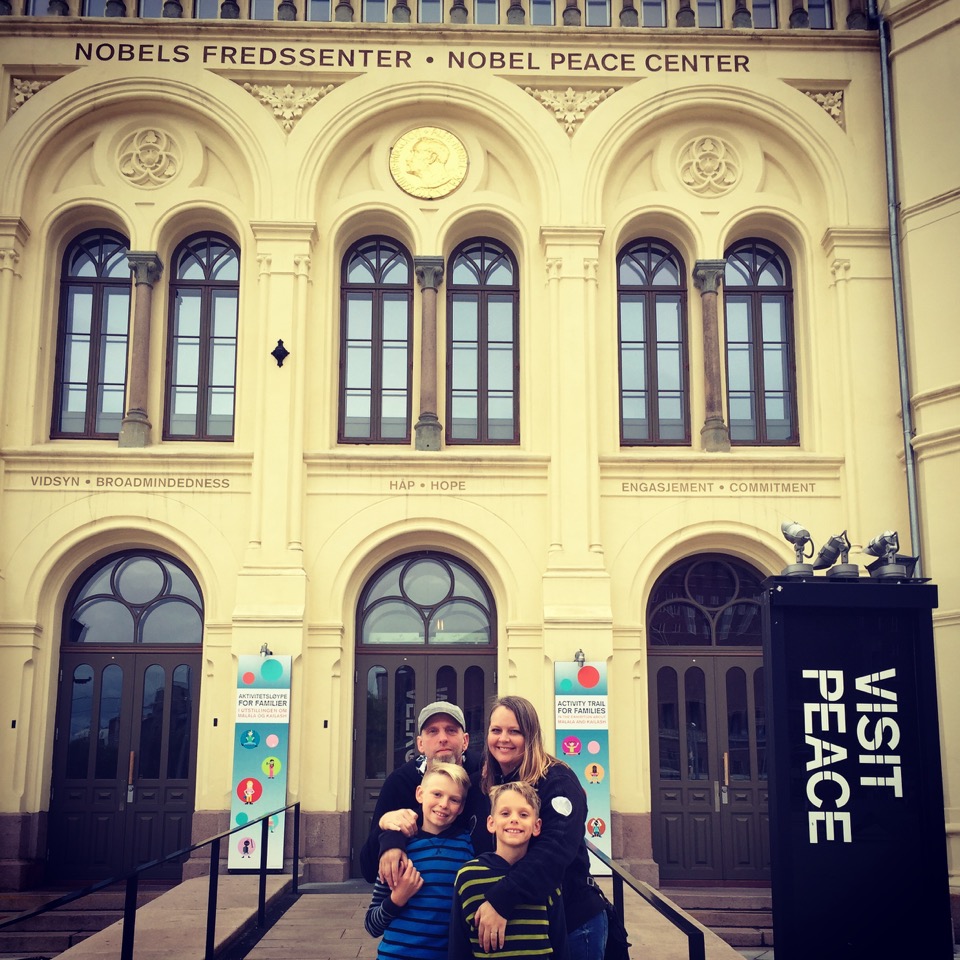
That isn't to say European countries don't have their own issues. For instance, in Sweden they don't slice their pizza. I mean, what the hell is that about?
There is also the matter of playground etiquette. Apparently, for all of the kindness, politeness and other stereotypes, the rules don't apply to monkey bars and assorted swing-like apparatuses. The boys, schooled on queues, turns and time limits, often found themselves on the receiving end of overzealous kicks to the head and unplanned exits from spaces they just acquired. They literally left every park with bruises. Plural.
RELATED: How Target Convinced My Boys Baking Is For Girls
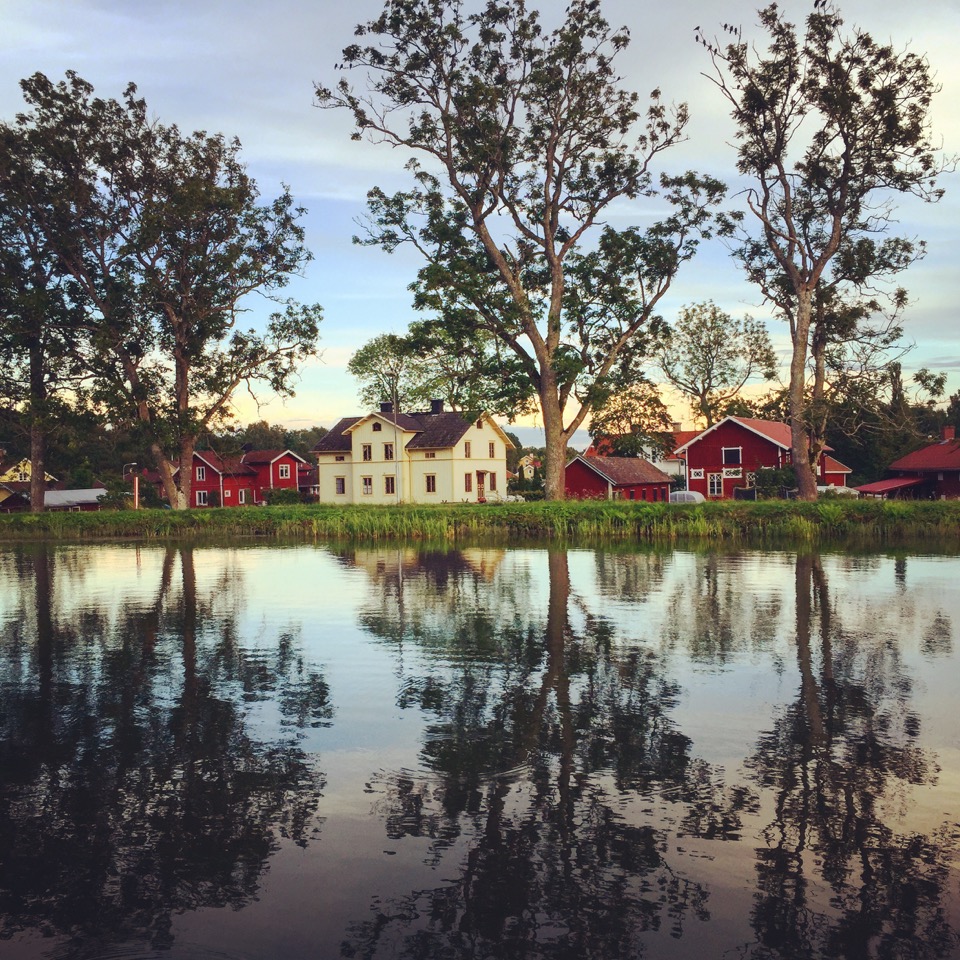
Still, it was three weeks with different people doing the same things that we do here: working, playing and loving our families. Sure, they ate yogurt on their corn flakes and had robots mow their lawns, but it was the similarities that really stood out. And the boys noticed. People are the same, and the world is small. There's no reason that we shouldn't all get along.
As far as souvenirs go, memories and life lessons are right up there.
Photographs by: Whit Honea




